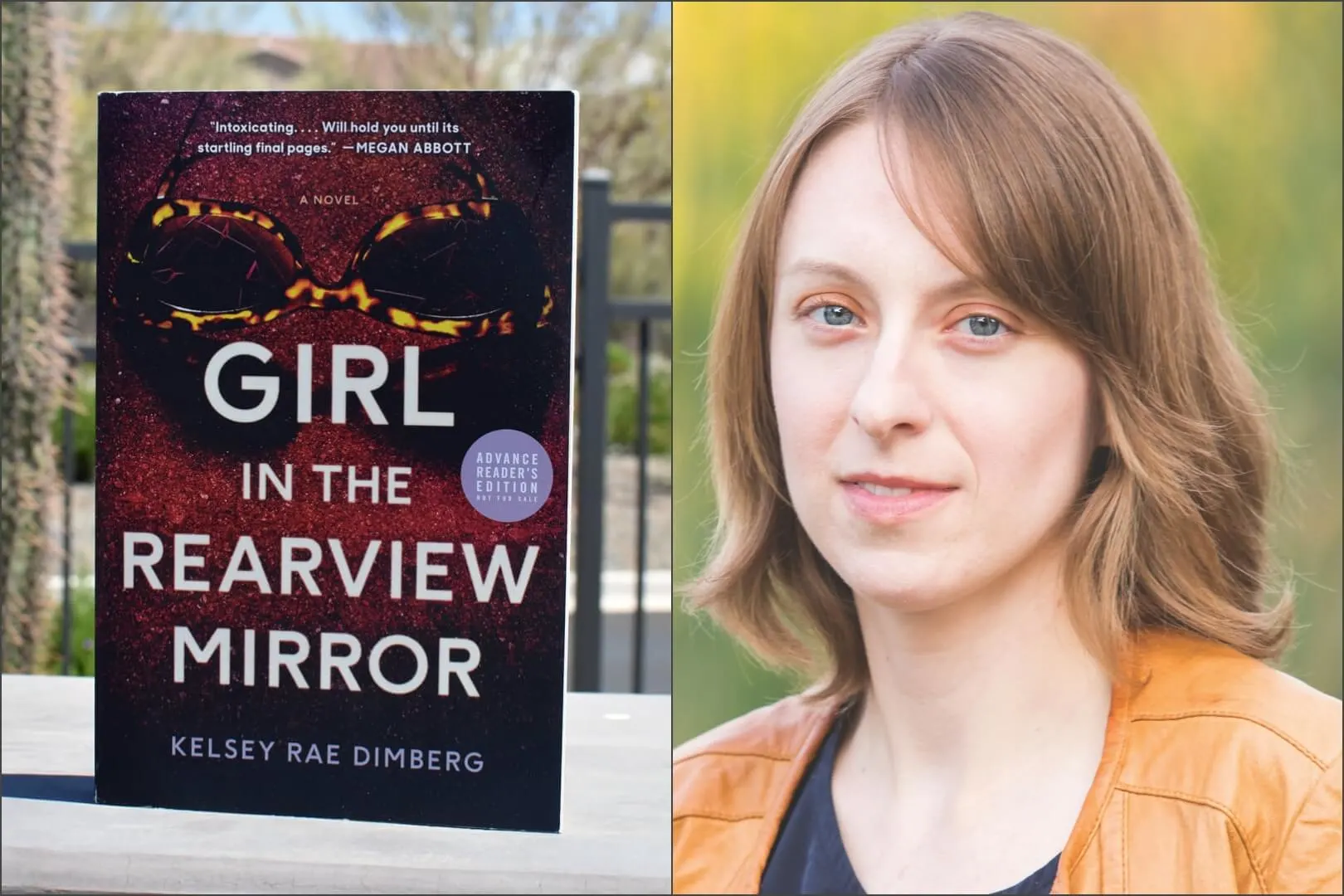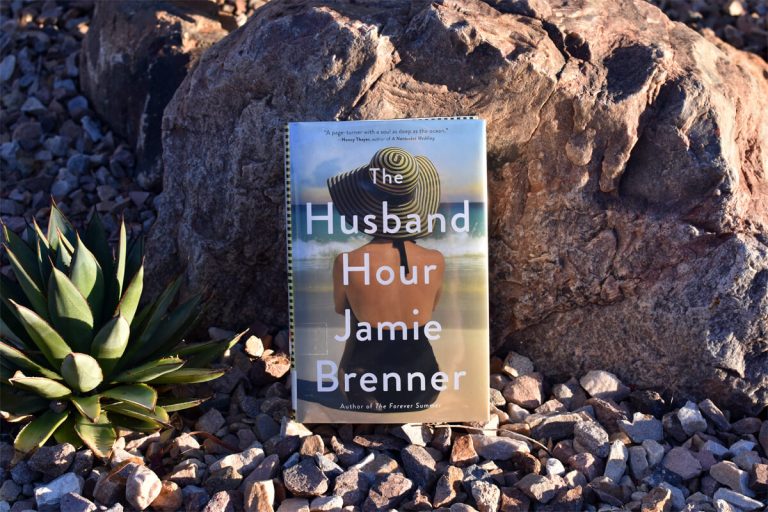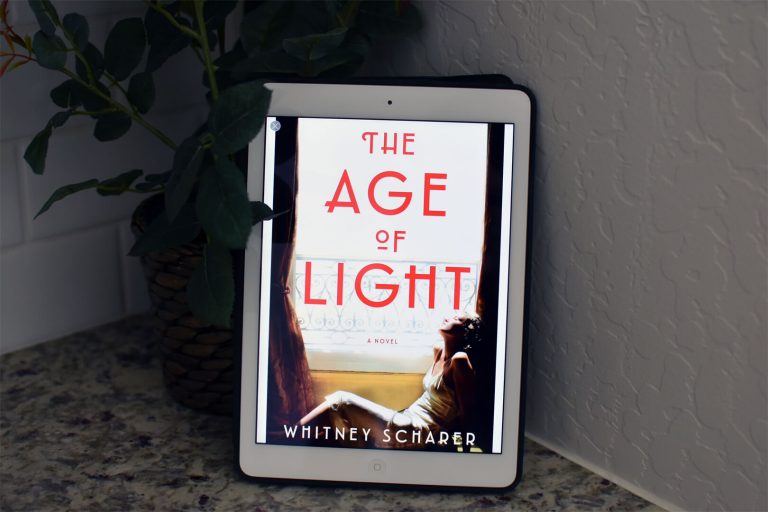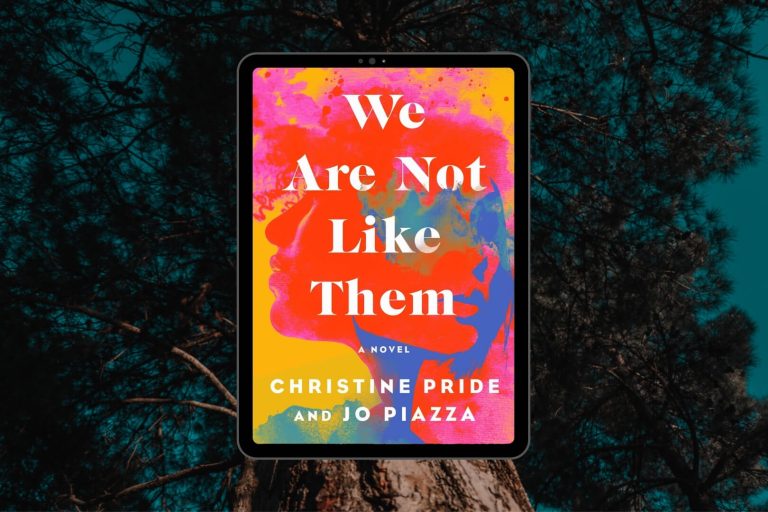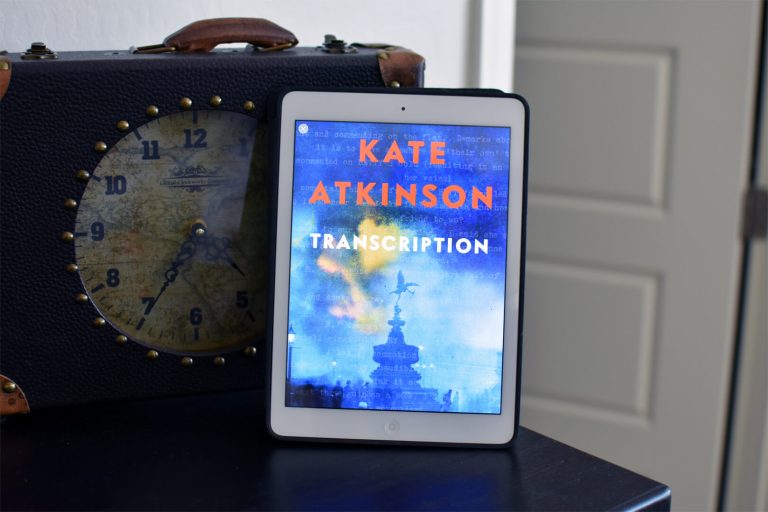Kelsey Rae Dimberg is the author of Girl in the Rearview Mirror, an original modern noir set in Phoenix. Let’s get to know Kelsey!
Kelsey Rae Dimberg received an MFA from the University of San Francisco and studied at Barrett Honors College of Arizona State University, where she was editor-in-chief of the literary magazine, Lux. Girl in the Rearview Mirror is her first novel (check out my review and discussion questions).
I caught up with Kelsey to talk story inspirations, the importance of setting, writing a first-person narrative and much more!
What are some of your favorite novels?
I love so many, so I’ll cheat and offer favorites in a few categories. Favorite classic crime novels: Margaret Millar’s Stranger in My Grave, Vera Caspary’s The Man Who Loved His Wife, and Raymond Chandler’s The Long Goodbye. Favorite modern crime novels: Kate Atkinson’s Jackson Brodie series, Tana French’s novels, Lou Berney’s November Road, Margaret Atwood’s The Blind Assassin, Attica Locke’s The Cutting Season, and Elizabeth Brundage’s All Things Cease to Appear. Favorite “miscellaneous” picks: anything by Tessa Hadley, Helen Dunmore’s Exposure, and Min Jin Lee’s Free Food For Millionaires.
When did you know you wanted to become an author?
I have always been an avid reader—as a kid, I always hauled around a stack of books even for a short car ride. I started writing stories when I was young, too. One of them won a school writing prize; it actually had a “twist” ending I still remember, in which it’s suddenly revealed that an ordinary conversation is actually about travel to Mars. I fell out of the writing habit in high school, partly because I was more absorbed in math and languages. Then in college, I had this idea that I should be practical, and studied business for a couple of years. I didn’t much like it, and took a creative writing class as an escape. Of course, I wound up changing majors to study Literature (and Spanish), won a major short story award (the Swarthout Prize), which gave me the confidence to apply for graduate writing programs. So I suppose the short answer is, I always knew I wanted to be a writer, but it took me some time to believe I could be one.
How did you come up with the story idea for Girl in the Rearview Mirror?
I began the first draft of the story when I was in grad school in San Francisco. I’d recently gotten very interested in classic film noir and crime, from Hitchcock movies to classics like Double Indemnity, Maltese Falcon, Laura, and Chinatown. I was reading mainly traditional literary fiction for school, much of which I loved (and still do), but my own attempts at that sort of writing often felt like they were missing an engine. I decided to write a genre-inspired novel, partly for fun, and partly with the idea that the scaffolding genre would teach me about plot. As it turned out, writing crime fiction just clicked for me—I felt I’d found my voice, and the story and characters absorbed me completely.
I started the actual story with a few seeds: the idea of writing about a wealthy family and the contrast between their perfect appearance and the secrets in their past, and the nanny narrator, who has intimate access to the family yet is also an outsider. I also had the opening scene: a little girl telling her nanny that a woman is following her. Who was the woman? What did she tell the nanny she wanted—and what did she really want? I wrote the first draft of the story from there.
I loved that the story took place in Phoenix – it felt as if the heat and the desert landscape served as an additional character. Can you talk about why you chose Phoenix for the story’s setting?
I’m so pleased to hear that! Setting is very important to me. Every day before writing, I’d look at photos or virtually stroll around Phoenix in Google Maps, so I could feel immersed in the world (I was living in San Francisco, and later Chicago, when I wrote the book). Practically speaking, I chose to set the book in Phoenix because that’s where I attended college, and I began the book just after I moved away; the city and the desert were still vivid in my mind, and I wanted to capture the images and the mood of the place while I still remembered it. As it turned out, the setting jived well with the noir mood. The intensity of the heat and light worked to intensify the tension in the book. And, toward the end of the book, some of those images become more surreal—like the mirages Finn sees when driving on the freeway—which for me, suited the way she was doubting herself, and wasn’t even sure whether the mystery was real or not.
Did you research any politicians and campaigns as you work on this story? Is Senator Martin based on any real-life senators?
When I was writing the book, several politicians were caught having affairs, and they almost all responded by appearing on news programs to apologize—usually with their wives in tow. I was fascinated by that dynamic… What must it be like to be that wife, standing up there in order to help her husband keep his career, after such a personal and private betrayal? And why was it necessary for her to appear at all? It seemed like the politician was using his wife and family as “proof” that he was a decent person. I found this so intriguing, and so maddening, that I knew I wanted to investigate the impact of a public, political career on family life.
Politicians (and powerful people in general) have a way of making problems disappear for themselves and their family members. I knew I wanted the Martin family to follow that pattern, and specifically for Philip (the Senator’s son) to have gotten into some trouble, and for his father’s influence to have—maybe—made it go away. I read about Chappaquiddick, and the rocky history of the heir to the Busch fortune, as I wrote those scenes. If anyone is interested in further reading, I’d recommend Black Water by Joyce Carol Oates, and Bitter Brew: The Rise and Fall of Anheuser-Busch and America’s Kings of Beer by William Knoedelseder.
Why did you decide to tell the story from the perspective of Finn? How does first-person narrative help drive tension in a story like this? Would you say Finn has traits of an unreliable narrator?
Though I wanted to write about a wealthy family, I definitely wanted an outsider to narrate the story, channeling the way classic crime novels used the private eye point of view to access a fascinating, exclusive world, and yet remain removed enough to comment on its strangeness. When trying to think of someone who’d have access to a super wealthy family today, a nanny immediately came to mind. As I wrote from Finn’s perspective, the nanny relationship turned out to be naturally full of tension, from the imbalance in her social status vs. the Martins to the closeness of their working relationship and the blurred boundaries that make her believe she’s part of the family… Of course, too, tension arises from the fact that Finn doesn’t have access to all the information and history of the family; for much of the novel, her lack of awareness about what’s really going on leads her to take some action that inadvertently makes the situation worse.
I have heard people describe Finn as an unreliable narrator, but I don’t see her that way. I think of an unreliable narrator as someone who is deliberately skewing the storytelling based on a personal agenda, bias, or blindspot. That’s not Finn. She is telling us the truth as she believes it to be. She happens to be wrong about many things, but the reader learns the facts alongside her; she doesn’t lie or conceal things from the reader.
Finn does have a dark event in her past, which she keeps from the reader for a while, but I think her reluctance to open up about it comes from her shame about the event, and her own tamping down of the memory, rather than a desire to manipulate the reader.
All that being said, I have heard the term “unreliable narrator” used more and more loosely, and I suppose to some degree it has come to mean, simply, a narrator who is stuck in her own perspective, which renders her “unreliable” in the sense that her story is particular to her own POV rather than serving as a universal truth. In that sense, of course, all first person narration is unreliable, in fiction and real life.
Can you give a sneak peek into your next novel?
I’ll just say it’s another thriller/mystery, and it’s set in a wellness startup in San Francisco.
What are you currently reading and what’s on your TBR (to be read) list?
I just finished up my book tour, which was a whirlwind of socializing and speaking about my own book, and I’m pleased to have a little break for reading and writing. On my short list are the new Kate Atkinson and Denise Mina novels (Big Sky and Conviction, respectively), plus William Boyle’s A Friend is a Gift You Give Yourself, Angie Kim’s Miracle Creek and Alison Gaylin’s Never Look Back.
Click here to order Girl in the Rearview Mirror on Amazon.
